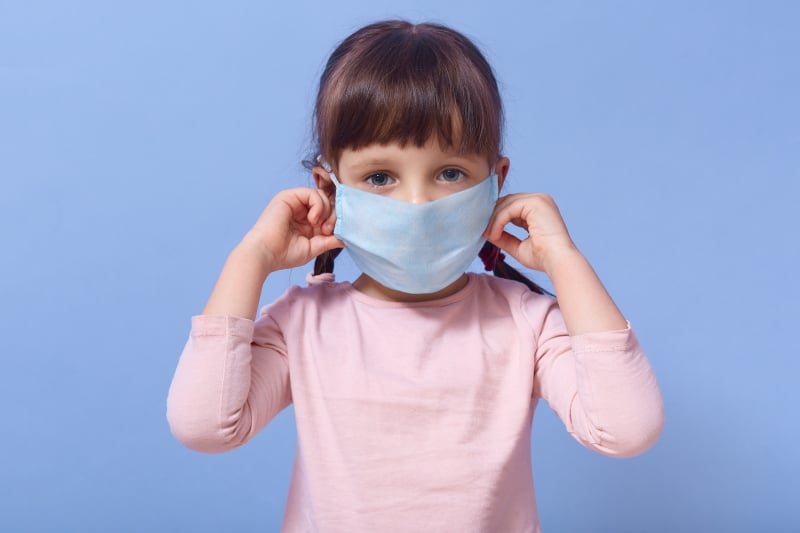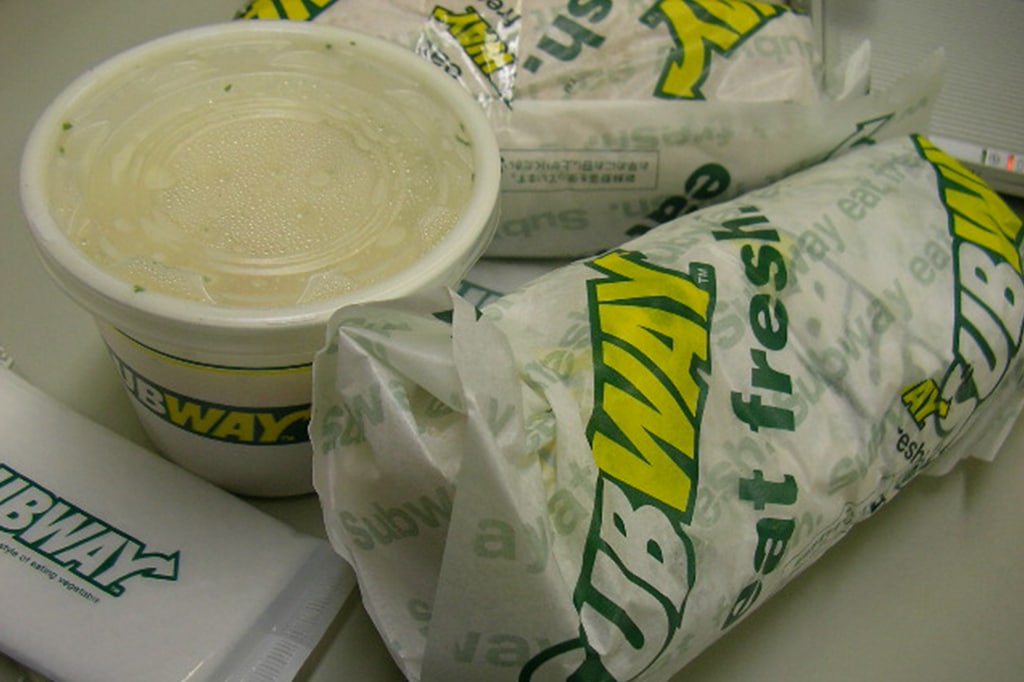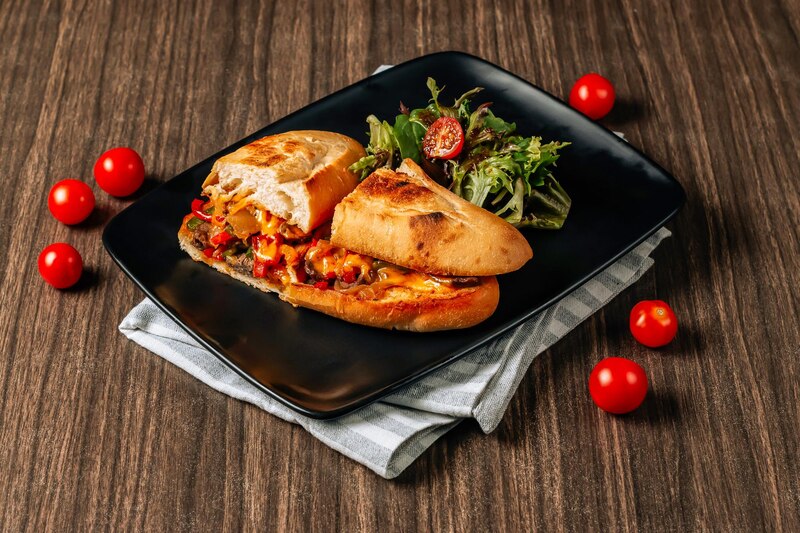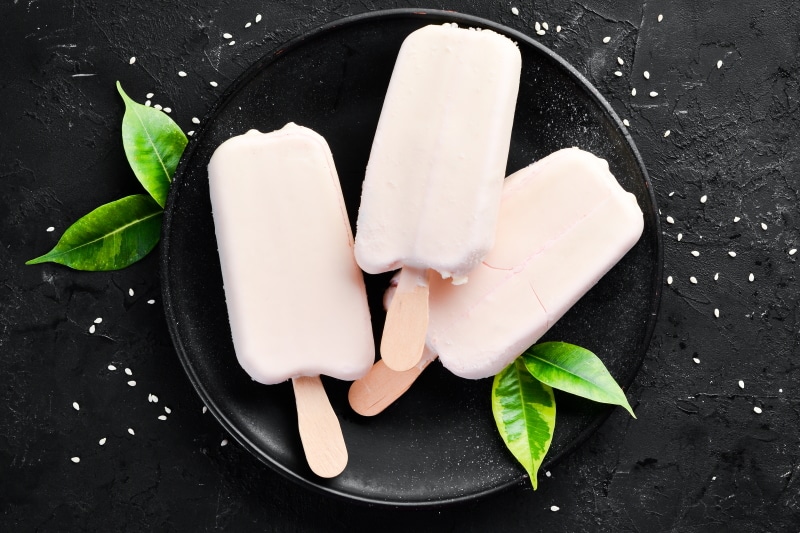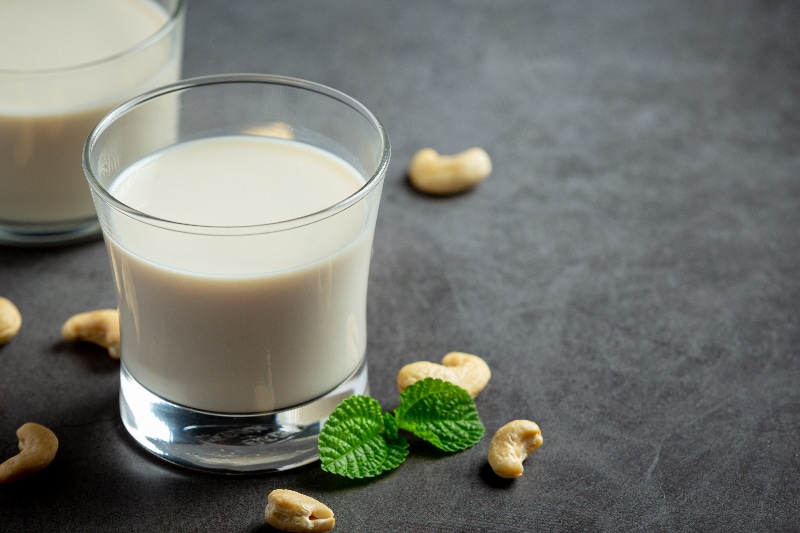A part on eating healthily is included in an NHS online rehabilitation program for persons suffering from COVID-19. “Eating healthy is crucial because your body needs energy, protein, vitamins, and minerals to help you recuperate,” it says.
However, it then advocates eating meat, fish, eggs, and cheese to provide protein and energy. It encourages milk-based beverages to stay hydrated.
Here’s what you should be consuming on a healthy diet to help you recuperate, and why…
Food suggestions from the NHS
Cottage cheese or beans with a baked potato are two meal ideas, as a sandwich with meat, cheese, or eggs. There are also fish or chicken curry with rice, scrambled or poached eggs on toast, prawn or chicken with noodles, and pork stew.
The scarcity of fruits and vegetables is astounding – What happened to the five-a-day rule?
Protein is essential, and being a vegan does not mean you have to forego it. The following meals are healthier, plant-based alternatives:
- Hummus and sweet baked potato with a salad with red cabbage
- Tofu or bean pâté Sandwich with egg, mayo, and cress with cherry tomatoes
- Rice with chickpea curry
- Toast with scrambled tofu and avocado
- Noodles with tofu and nut butter
- Herby dumplings with butter bean casserole
- Vegan omelet with mushrooms and garlic
- Spinach with garlic and rice
How a good diet may aid in the fight against COVID-19
Since 2020, VivaSlash !’s the Risk campaign has focused on the role a healthy vegan diet may play in the battle against COVID-19.
The first study, published in the journal BMJ Nutrition, Prevention, and Health, looked at infected persons from France, Germany, Italy, Spain, the United Kingdom, and the United States.
It discovered that individuals who ate a plant-based diet were 73% less likely to have moderate-to-severe symptoms. This involves breathing issues, fever, coughing, low oxygen levels in the body, and the need for medical attention.
The authors speculated that the numerous vitamins, minerals, and antioxidants contained in veggies, legumes, and nuts may have a role.
A healthy plant-based diet, according to experts, may aid in the struggle. Symptoms of COVID-19

Second, about 600,000 people took part in the ZOE COVID Symptom Study. This is the largest research yet conducted on the relationship between nutrition and illness.
They discovered that persons who ate a healthy plant-based diet were not only 41 percent less likely to suffer from severe symptoms than those who ate a poor-quality diet, but they were also 9 percent less likely to contract COVID-19.
This was significant since, up until that point, nutrition had only been shown to reduce the severity of disease rather than the likelihood of infection.
They also discovered that persons who ate low-carb, high-protein diets, which were often heavy in meat, eggs, and fats, had a higher risk of severe illness.
7 Best Recovery Foods
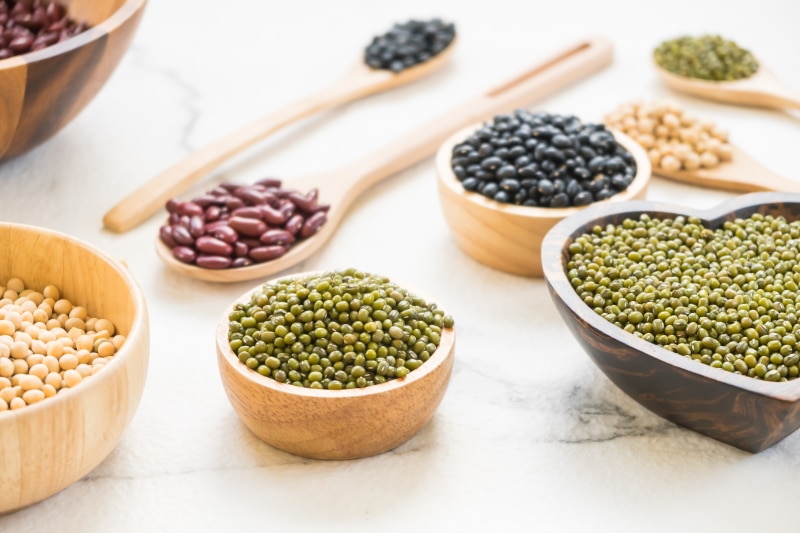
1. Pulses
Protein, fiber, vitamins, and minerals are all found in peas, beans, lentils, chickpeas, and soya. Hummus, which is produced from chickpeas and tahini, is an excellent source of protein.
Tofu is a high-protein food that absorbs flavors well.
It may be cooked in a variety of ways, including frying, steaming, scrambling, and blending. A 100-gram serving of tofu or tempeh (fermented soy) might offer up to half of your daily protein requirements.
Furthermore, soy yogurts are a convenient and delightful alternative when topped with berries and chopped hazelnuts.
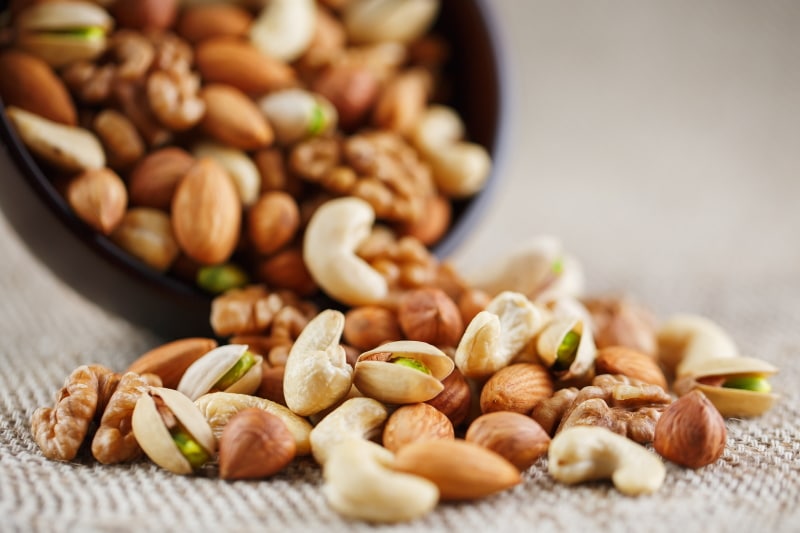
2. Seeds and nuts
Nuts and seeds are high in protein and also include healthful fats, vitamins, and minerals. Spread nut butter on oatcakes for snacking or adding to smoothies. Tahini, a sesame seed paste, lends smoothness to sauces and soups and may be used in oatmeal or other sweet meals.
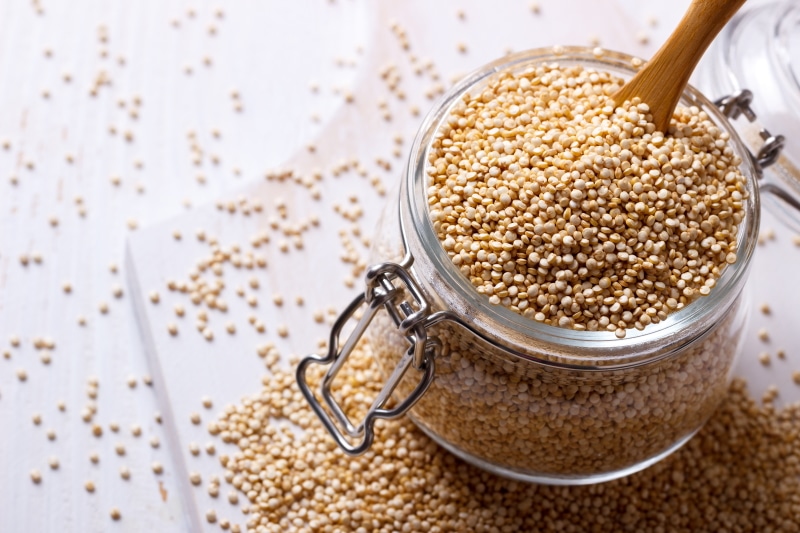
3. Quinoa
This grain has a high protein content and is easily digested. Furthermore, some retailers now sell it pre-cooked in pouches.
You can make a super-healthy salad with chopped smoked tofu, cherry tomatoes, pepper, and cucumber, or use it in place of rice.
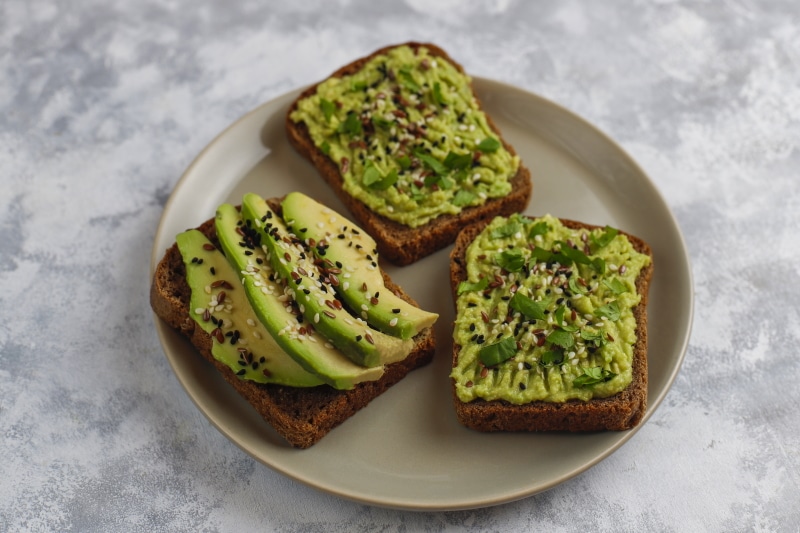
4. Avocados
Avocados are an excellent source of healthful fats and micronutrients. They’re deliciously mashed on toast or served sliced on the side of your vegan breakfast.
If you’re feeling peckish, a bite or two scooped out of the shell with a drizzle of virgin olive oil can tempt you.
If none of that sounds appealing, oatmeal with sliced banana, blueberries, and ground flaxseed is a nutritious way to start the day.
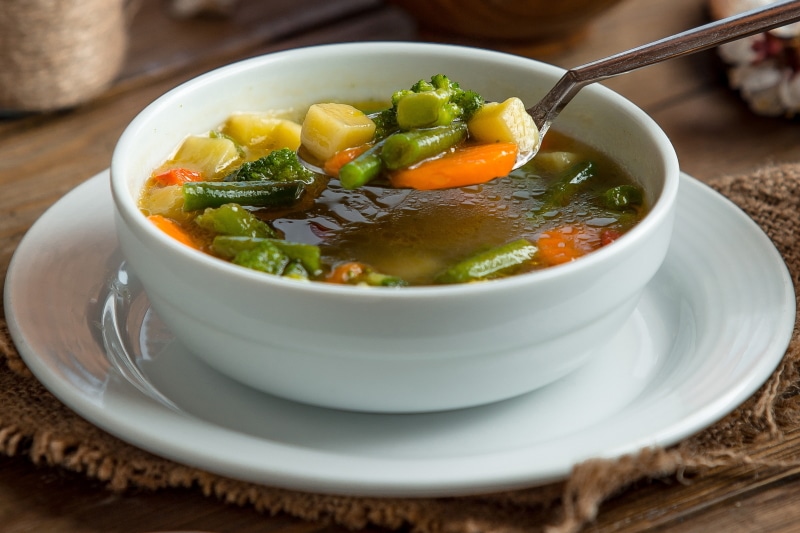
5. Soup
Soups, whether purchased in the refrigerated department of the store, canned, or homemade, are an excellent choice.
Tomato, lentil, and red pepper soup, four beans, lentil and vegetable soup, spicy Mexican bean, and Moroccan chickpea soup are all examples of nutritious vegan soups.
Most stores will have a variety of alternatives like this.

6. Omega-3
Omega-3 fatty acids
Include ground flaxseed, hemp seed, or chia seeds in your regular diet to guarantee enough omega-3 consumption.
A heaping spoonful can be added to your morning cereal or smoothie. Before serving, sprinkle on a soup, salad, or rice dish.
7. Consume more fruits and veggies
It is critical to incorporate fruits and vegetables into your diet since they are high in crucial nutrients that can aid in your recovery.
If you can’t handle all of the chewings, include some in a smoothie with soy yogurt, nut butter, or tahini for extra nutritious benefit.
If you have trouble eating solid foods, Aymes is one firm that creates plant-based powdered supplement drinks.
They are vegan and might be handy if swallowing is difficult and you want a liquid nutrition boost.
You might be able to get them on a prescription.
Don’t forget about vitamin D.
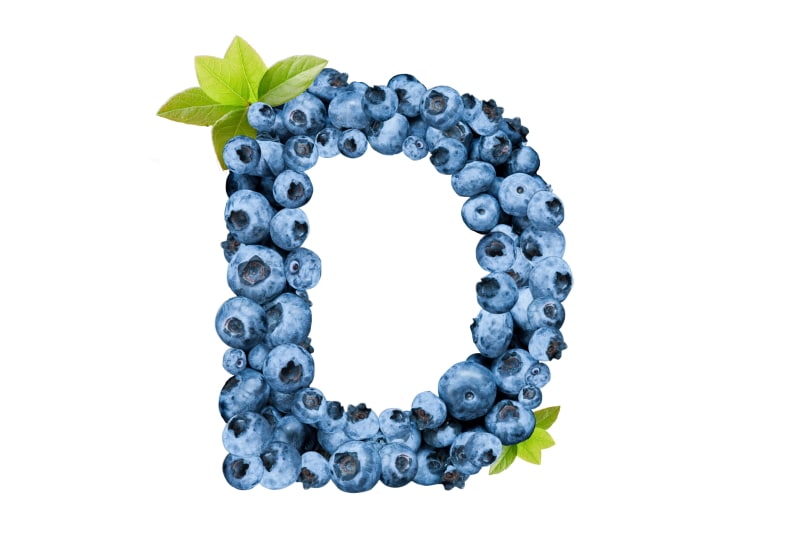
Vitamin D, which is sometimes ignored, plays a crucial function in our immune system and can help protect us from illness.
It’s known as the “sunshine vitamin,” which our skin produces when exposed to sunlight, but we simply don’t receive enough of it in the winter.
And it is suggested that individuals in the UK take a supplement from October to April. Just make sure your vitamin is vegan-friendly.
When it comes to dose, 10 micrograms (400 IU) per day is sufficient, and no more than 25 micrograms should be taken (1,000 IU).

